Courts urged to give children a voice
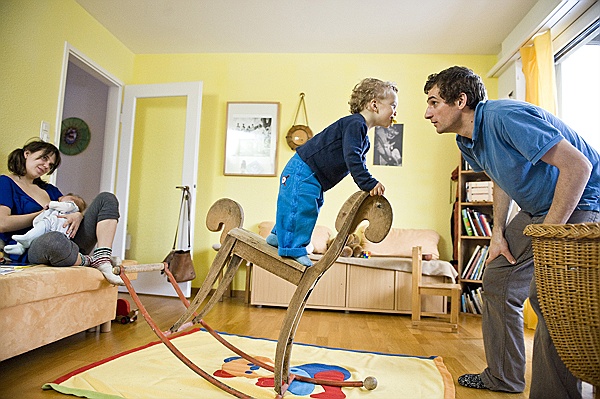
The rights of children to have a say in matters that affect them directly like divorce proceedings are inadequately recognised in Switzerland.
That is the most important finding of a Federal Commission for Child and Youth Issues, which wants to promote a culture of participation to put an end to child discrimination.
The numbers speak for themselves. Of the approximately 14,000 divorce proceedings involving minors each year, children are consulted in only ten per cent of cases.
Yet article 12 of the United Nations Convention on the Rights of the Child states that children should be “provided the opportunity to be heard in any judicial and administrative proceedings” affecting them.
The convention is binding for all states that are signatories, said commission president, Jean Zermatten. It was ratified by Switzerland in 1997. Zermatten, also a member of the UN Committee on the Rights of the Child, added that governments are obliged to apply all articles of the convention.
He described a child’s exclusion from divorce proceedings as “discrimination”, saying that the right to a hearing during these proceedings is explicitly mentioned in the law.
The problem lies in the implementation. The reluctance and failure to ensure children’s views are taken into account is tied to the profound change of mindset required, the commission president told swissinfo.ch.
Revolutionary
“The child was long considered an object of rights, not a subject. In our minds we still have the idea that it is our right to decide what we want for it. The UN convention has in fact transformed the child into a legal figure. It’s really revolutionary,” Zermatten said, explaining that this is a reason why there is great difficulty winning social acceptance for a child’s inalienable human rights.
Experts who contributed to the commission’s latest report reject the argument that it’s for the child’s own good not to involve it in divorce proceedings.
“It’s a distortion of reality. For the child it’s important to be able to participate and to be taken seriously. This gives it strength and enables it to become resilient,” said Michelle Cottier, assistant law professor at Basel University and substitute judge.
“Our studies also revealed that in court cases where children are regularly consulted they have much more information, and are happier. That benefits the entire procedure so it’s a worthwhile investment,” Luca Cirigliano, commission vice president, told swissinfo.ch.
The judge from canton Aargau describes as “almost scandalous” the low percentage of cases in which children are consulted. “The goal of the commission is to invert the figure: children must be consulted 90 per cent of the time.”
But there are cases where children are in acute conflict situations making a hearing detrimental. “For this reason, the judge can, in order to be fair, decline to consult a child. The child must have the chance to participate but must not become a victim of the proceedings,” explained Zermatten.
Zermatten, who is also the founder and director of the International Institute for the Rights of the Child, said one must be “very cautious when hearing very young children”.
Child’s best interests
And identifying what is in a child’s best interests, and interpreting their views correctly is “not child’s play”, the commission report recognises. The officials taking these decisions must be properly trained and be able to call on specialists for assistance.
The report adds that an information campaign should also be launched to raise awareness of children’s rights.
“In all cantons judges are obliged to take continuing education classes. At the moment, subject material not strictly of a judicial nature is rarely included in these courses,” said Cirigliano, explaining that it would also be beneficial for the judges to learn from psychologists how to formulate questions and act in front of children.
But he is hopeful for an improvement from 2013 when “special family courts will be set up in a majority of cantons”. Canton Aargau is an example where he said there will be three experts involved in each case: a lawyer, psychologist and doctor.
Divorce proceedings are only the tip of the iceberg. The commission makes clear that article 12 of the international convention is rarely respected: whether in the home or at school, at the community, cantonal or federal level.
A clear illustration of this was the fact that not a single child took part in the presentation to the media of the commission’s report.
“Inviting a child to express its views during the news conference might not have been the most appropriate or interesting thing,” Cirigliano said, explaining that children were consulted and their opinions considered when compiling the report.
“Everyone was small once. Then why don’t big people know anymore how to talk to children?” asked one 11-year-old child.
The report was addressed to the government and lawmakers. If they take the document seriously, they will have the task of answering this and many other questions.
The UN Convention on the Rights of the Child came into force in 1990. Switzerland signed the agreement in 1991 and ratified it in 2007.
Some of the fundamental rights of children are:
– An inherent right to live, survival and development
– Freedom from discrimination based on race, religion, colour, sex or disability
– Governments and courts must make the best interests of the child a primary consideration
– Ensure the protection, safety and health of the child
– Right to be registered immediately after birth, to have a name and a nationality and to be cared for by parents
– Freedom of expression, association and peaceful assembly
– Protection from unlawful interference
– Protection by the state from all forms of physical or mental violence, injury or abuse, neglect or negligent treatment, maltreatment or exploitation, including sexual abuse
– A mentally or physically disabled child should enjoy a full and decent life, in conditions which ensure dignity, promote self-reliance and facilitate the child’s active participation in the community
Founded in 1978, the Federal Commission for Child and Youth Issues is a consultative body for the government and other public institutions.
The commission includes 20 experts. Each member is appointed for four years. This mandate can be extended for an additional four-year period.
(Adapted from Italian by Dale Bechtel)

In compliance with the JTI standards
More: SWI swissinfo.ch certified by the Journalism Trust Initiative

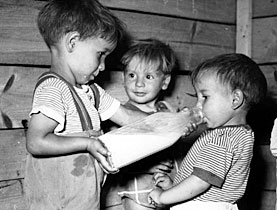
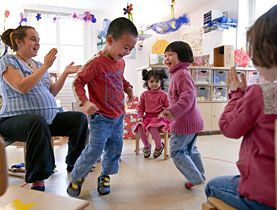

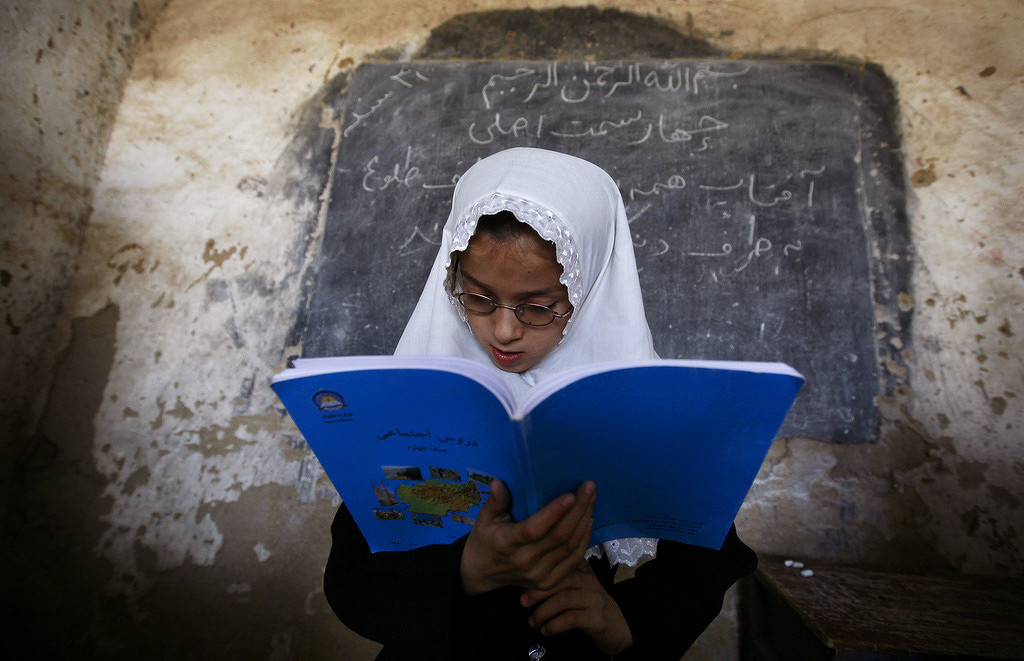
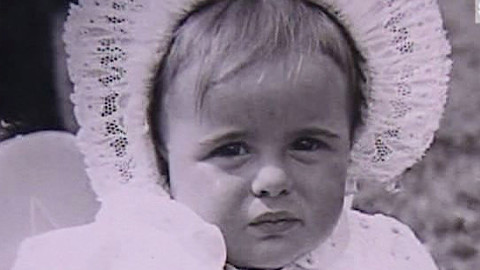
You can find an overview of ongoing debates with our journalists here. Please join us!
If you want to start a conversation about a topic raised in this article or want to report factual errors, email us at english@swissinfo.ch.